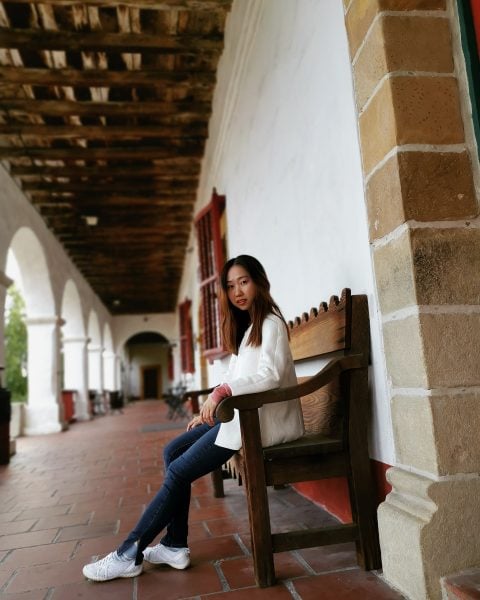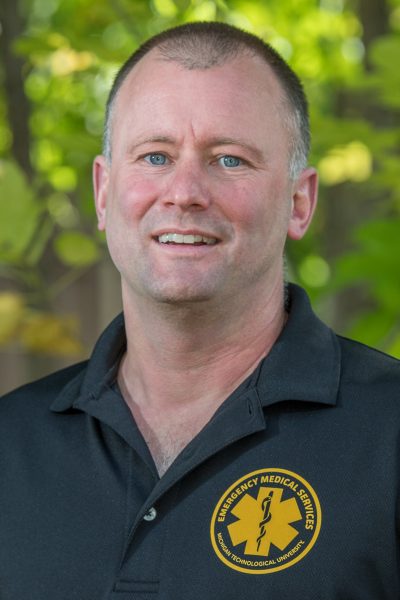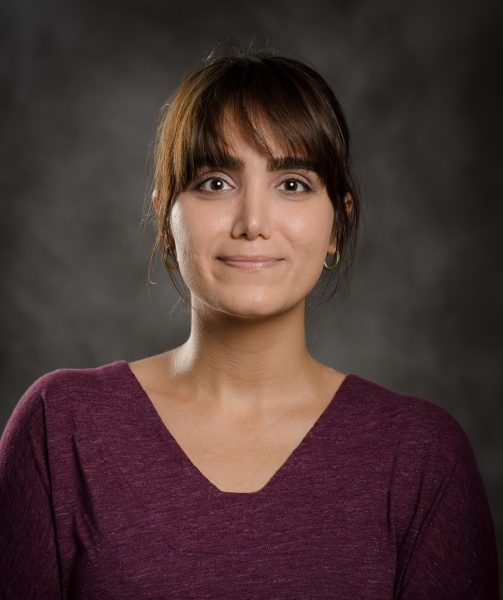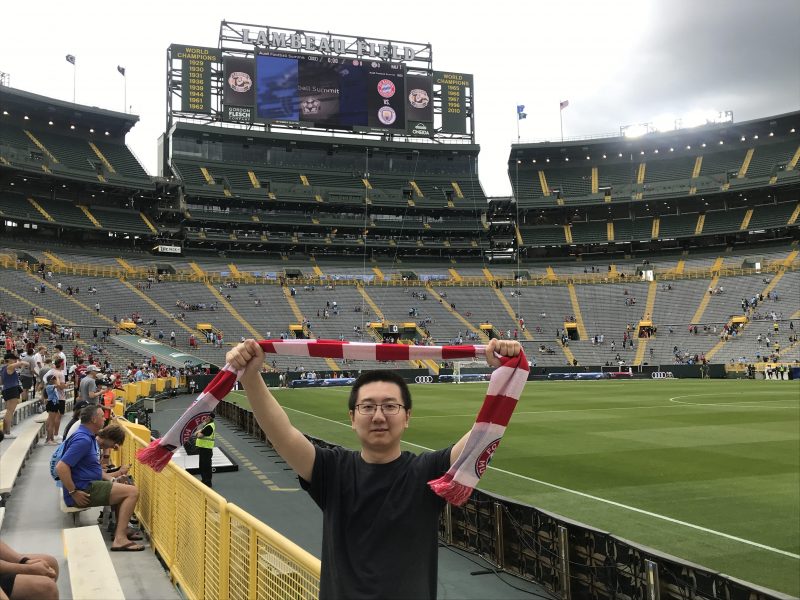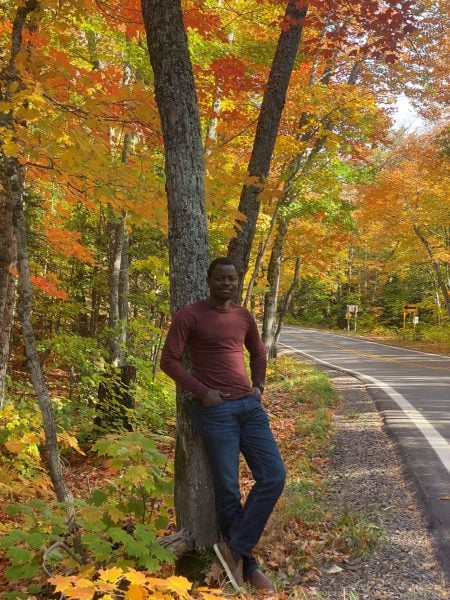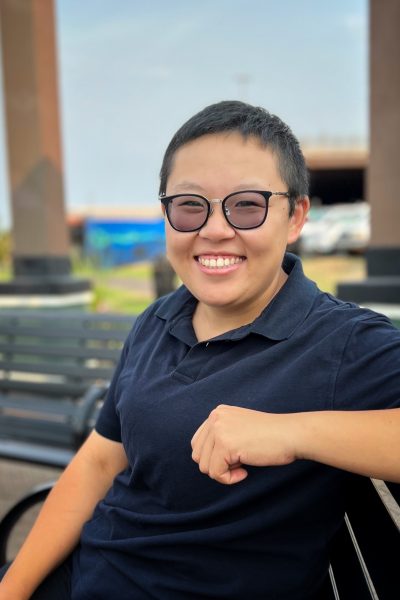I started my Ph.D. program in Materials Science and Engineering at MTU under the supervision of Dr. Yun Hang Hu in the Fall of 2018. My research is focused on synthesis and characterization of novel graphene materials and their applications in energy conversion and storage, which have been further extended to water desalination and heavy metal removal based on my research background in water treatment. It is always exciting to see a project completed and published, knowing that my efforts would finally make a slight contribution to the world.
I am sincerely grateful to the Graduate Dean Awards Advisory Panel for awarding me the finishing fellowship, which would allow me to focus on my dissertation and defense. My special thank goes to my advisor, Dr. Yun Hang Hu, for providing not only conceptional and technical training crucial for an individual researcher, but also continuous guidance and encouragement whenever I doubted myself. I would also like to express my gratitude to my committee members (Dr. Ranjit Pati, Dr. Gerard Caneba, and Dr. Shiyue Fang), my lab members, and my family and friends for their invaluable help and support throughout my doctoral journey.
